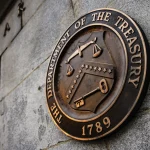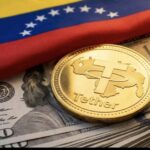
The Judges of the International Court of Justice (as of 31 December 2011), in The Hague, Netherlands. Pictured front, from left: Ronny Abraham (France); Awn Shawkat Al-Khasawneh (Jordan); Vice-President of the Court, Peter Tomka (Slovakia); President of the Court, Hisashi Owada (Japan); Abdul G. Koroma (Sierra Leone); Bruno Simma (Germany); and Kenneth Keith (New Zealand). Back row, from left: Joan E. Donoghue (United States of America); Christopher Greenwood (United Kingdom); Antônio Augusto Cançado Trindade (Brazil); Mohamed Bennouna (Morocco); Bernardo Sepúlveda-Amor (Mexico); Leonid Skotnikov (Russian Federation); Abdulqawi Ahmed Yusuf (Somalia); Xue Hanqin (China); and Philippe Couvreur (Belgium), Registrar of the Court. Photo: Rob Ris/ICJ/UN Photo/File photo.





